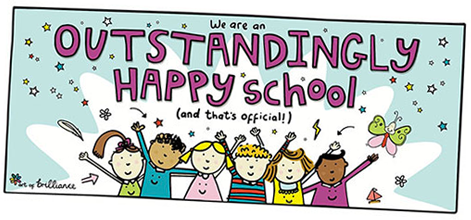
Welcome to Southill Primary
We are a thriving, one-form entry community school in Weymouth, offering an exceptional education and joyful experiences for all our pupils. Everyone is welcome here; we embrace diversity and promote equality and equity of opportunity. We celebrate the uniqueness of each child and their family, holding high aspirations for all.
At Southill Primary, children use our first names, reflecting our commitment to respectful, trusting relationships in a warm, inclusive environment where every voice is heard.
We're proud of our bespoke and ambitious Bright Futures curriculum, which inspires and challenges pupils. It celebrates our local area while encouraging children to explore and engage with the wider world beyond Weymouth. Our curriculum nurtures curiosity, creativity, teamwork, kindness, empathy and ambition, with a strong emphasis on both physical and mental wellbeing.
Caroline Wood | Headteacher
 Read More
Read More  Apply for a place
Apply for a place













